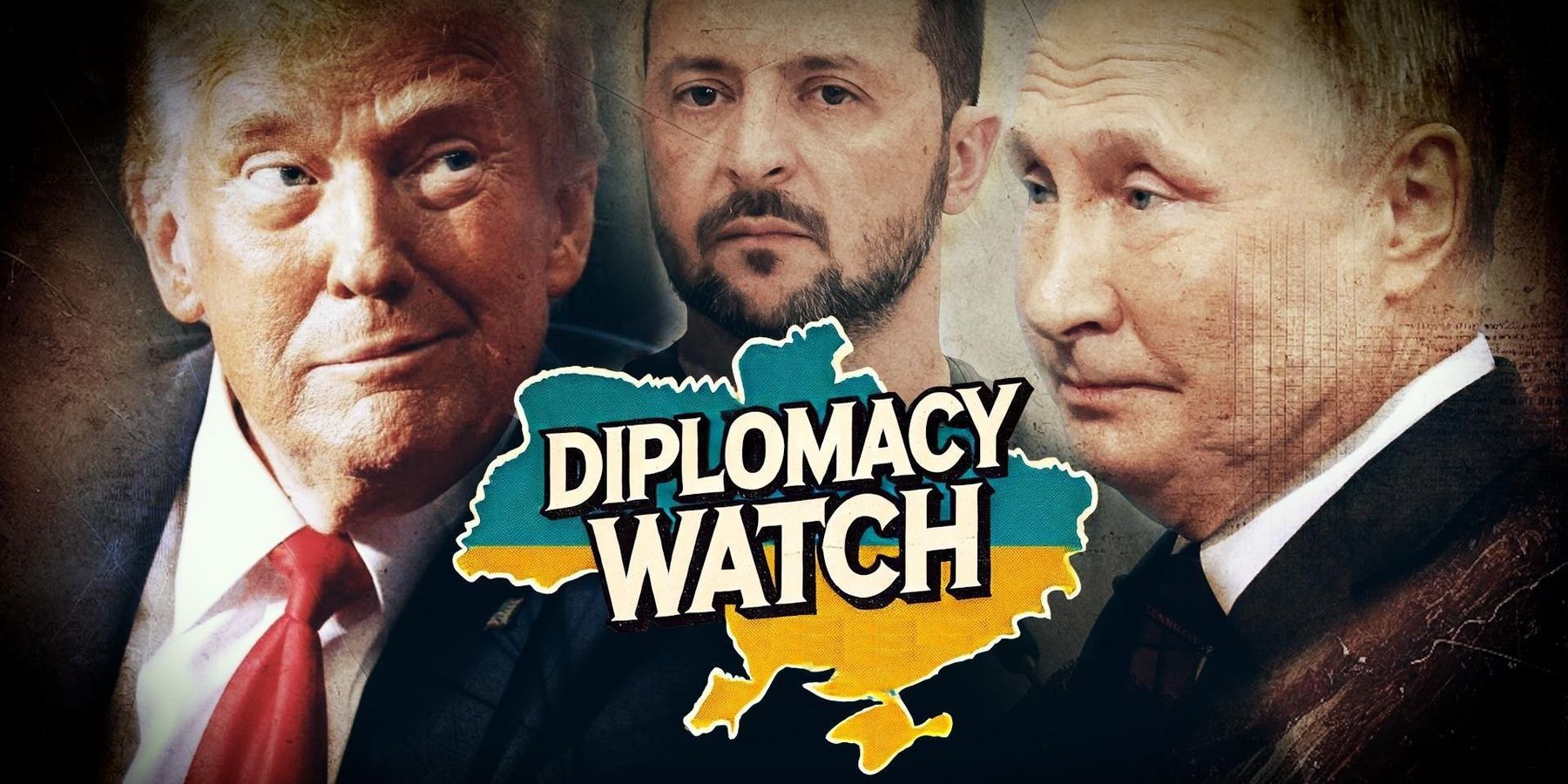French President Emmanuel Macron, British Prime Minister Keir Starmer, and Ukrainian President Volodymyr Zelenskyy could all be at the White House by early next week to discuss a ceasefire with Russia, although French government spokespeople have denied such a meeting is in the works.
If the meeting does happen, it would be an unexpectedly quick return trip for Zelenskyy, who was last at the White House on Friday to sign a mineral exchange deal. The deal, of course, remained unsigned after a now infamous Oval Office exchange between Zelenskyy, President Trump, and Vice President J.D. Vance blew up its prospects.
Zelenskyy would definitely have to hustle, as it was also announced that he would be meeting with senior Trump officials in Riyadh next week, too.
The Trump administration this week sought to pressure Ukraine into coming back to the negotiating table by freezing all military assistance to the country, pausing intelligence coordination efforts, and halting the U.S. cyber offensive in Russia.
Some experts say that because Ukraine is less dependent on U.S. aid than it was at the beginning of the war, it could take a while before Trump’s aid freeze has real consequences on the battlefield. The intelligence pause, on the other hand, is expected to have a more immediate impact.
Ukraine is now cut off from its largest source of military aid since the war began and must scramble to make up the gap. After Trump’s military assistance pause, Macron said in a speech that Europe must be prepared to bolster Ukraine’s defense efforts without American support. “I want to believe that the U.S. will stand by our side, but we have to be ready for that not to be the case,” he said. However, it's unlikely that any European country will be able to supply Ukraine with the caliber of weapons Washington has.
For his part, after Trump paused U.S. aid to Ukraine, Zelenskyy said he is willing to negotiate a truce, writing on X, “None of us wants an endless war. Ukraine is ready to come to the negotiating table as soon as possible to bring lasting peace closer.” He also said he is willing to sign the rare earth mineral exchange deal that was left on the table last Friday.
During his joint address to Congress on Tuesday, Trump announced that he had just received a letter from Zelenskyy and read passages from the letter affirming the Ukrainian president’s commitment to negotiating a peace settlement. Trump, who in recent weeks has called Zelenskyy a “dictator” and accused him of wanting to start World War III, mirrored Zelenskyy’s conciliatory tone. “I appreciate that he sent this letter,” Trump said.
In other Ukraine War News this week:
According to the Guardian, a Russian drone attack in Odessa caused deep reaching water and power outages in Ukraine’s third most populous city on Tuesday.
In a Fox Business interview on Wednesday, CIA director John Ratcliffe implied that the pause on intelligence coordination with Ukraine could soon resume pending upcoming talks with top Ukrainian officials.
Amnesty International said this week that Russia’s treatment of detained Ukrainian POWs and civilians since 2022 could amount to crimes against humanity.
Macron said his country will consider extending its nuclear umbrella to cover a wider range of European allies — a proposal Russian Foreign Minister Sergei Lavrov characterized as “a threat against Russia”, according to Reuters.
From State Department Press Briefing on March 6
Asked about the prospects of a peace deal between Ukraine and Russia, spokesperson Tammy Bruce said, “It appears that President Zelenskyy understands what’s at stake, that we are here to help them, that there is one person who can bring those parties to the table and it is Donald Trump.”
















